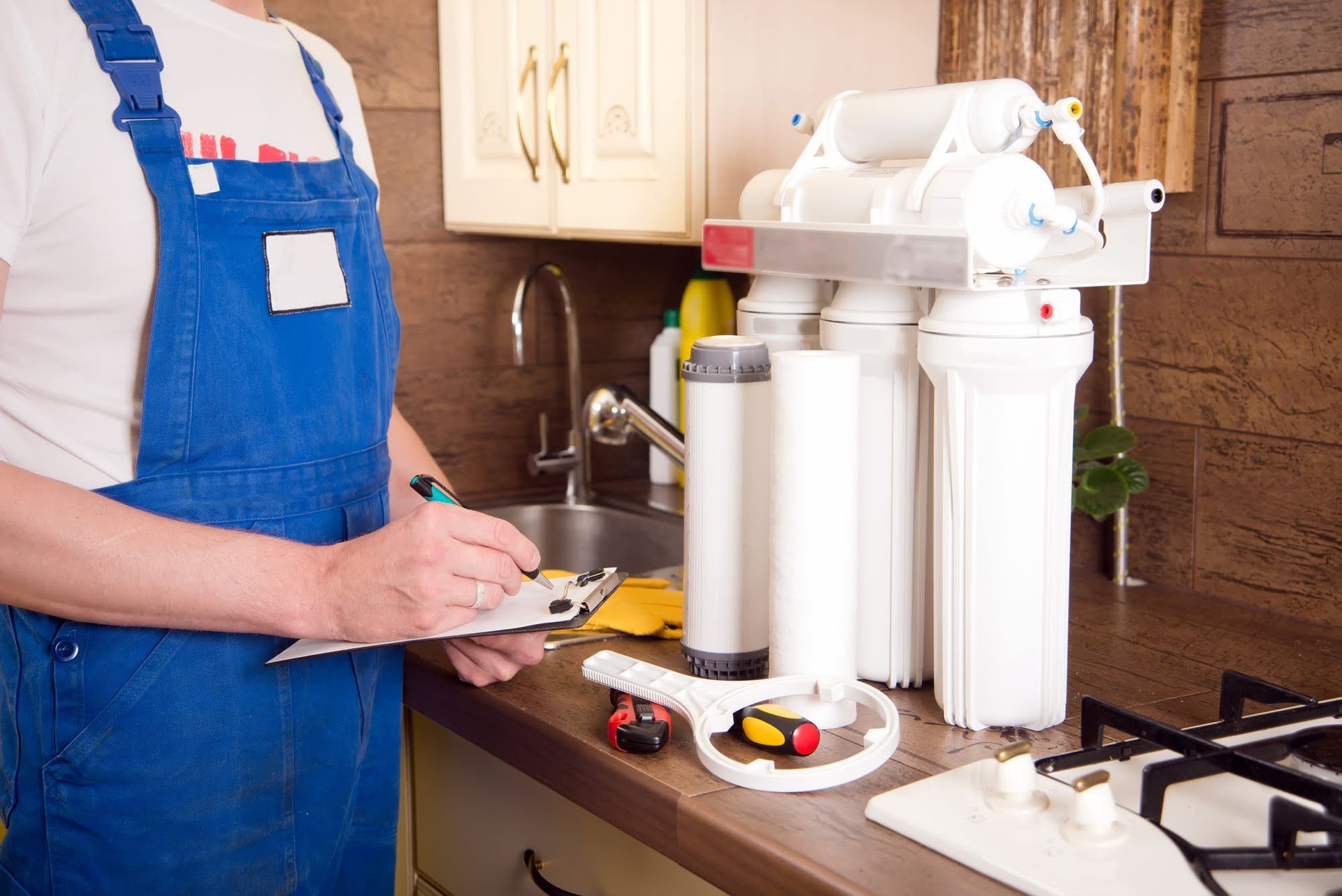Understanding Different Home Water Filtration Systems

Water is an essential resource for every household, and ensuring is safe for consumption is crucial. With the increasing concerns about water quality and contamination, many homeowners are turning to home water filtration systems to improve the quality of their drinking water.
There are several types of home water filtration systems available in the market, each with its unique features and benefits. In this blog post, we will discuss the different types of home water filtration systems and their pros and cons to help you understand which system is best suited for your household.
Types of Home Water Filtration Systems
Reverse Osmosis (RO) System
The reverse osmosis system uses a semipermeable membrane to remove impurities and contaminants from water. The system forces the water through the membrane, leaving behind particles such as chlorine, lead, and other pollutants.
Pros:
- Highly effective in removing various contaminants
- Can improve the taste and odor of water
- Low-cost maintenance
Cons:
- Requires professional installation
- Wastes a significant amount of water during the filtration process
- May remove beneficial minerals from water
Activated Carbon (AC) Filters
Activated carbon filters utilize activated carbon to capture impurities and contaminants, such as sediment, chlorine, and volatile organic compounds (VOCs).
Pros:
- An affordable option for home water filtration
- Effectively removes chlorine and other chemicals from water
- Easy to install and replace filters
Cons:
- Not as effective in removing heavy metals or bacteria
- May not improve the taste of water significantly
- Filters need to be replaced frequently for optimal performance
UV Disinfection Systems
UV disinfection systems use ultraviolet light to eliminate bacteria and other microorganisms in water. These systems are often used in conjunction with other filtration methods to ensure that the water is safe for consumption.
Pros:
- Highly effective in killing bacteria and viruses
- Low maintenance and long-lasting
- Does not add any chemicals to water
Cons:
- Does not remove chemical contaminants or sediment
- May require a pre-filter to remove larger particles
- Can be expensive to install
Factors to Consider When Choosing a Home Water Filtration System
Contaminants in Your Water
The first step in choosing the right home water filtration system is to identify the contaminants present in your tap water. You can contact your local water supplier for a report on the quality of your drinking water or get a water testing kit to test the water yourself.
Water Usage and Flow Rate
Consider how much water your household uses daily and choose a filtration system that can meet your needs. Some systems may have a slower flow rate, which can be an issue for larger households with higher water usage.
Installation and Maintenance Costs
Some home water filtration systems require professional installation, which can add to the overall cost. Additionally, consider the cost of replacing filters and how frequently they need to be changed.
Effectiveness in Removing Contaminants
Depending on your water quality, you may need a system that effectively removes specific contaminants. Consider the type of filtration method used and its effectiveness against the contaminants present in your tap water.
Conclusion
Investing in a home water filtration system can greatly improve the quality of your drinking water and provide peace of mind for you and your family. With various options available, it is important to understand the different types of systems and their pros and cons before deciding.
Consider factors such as contaminants present in your tap water, water usage, installation costs, and effectiveness when choosing a home water filtration system. With the right system in place, you can enjoy clean and safe drinking water for years to come.
Reach out to Doug Turner Plumbing CO. to see what filtration system will work best for your home.

